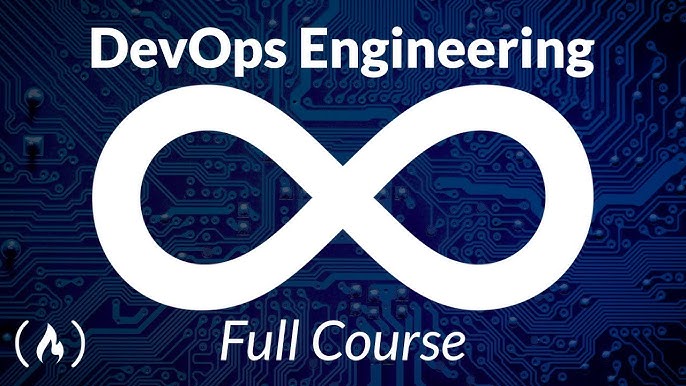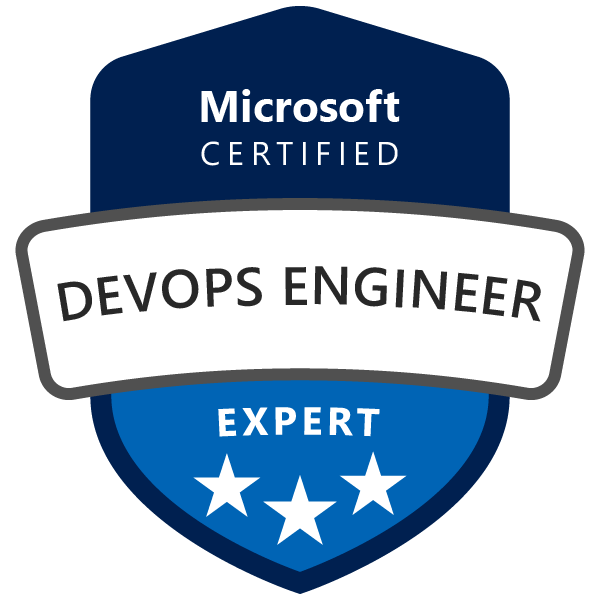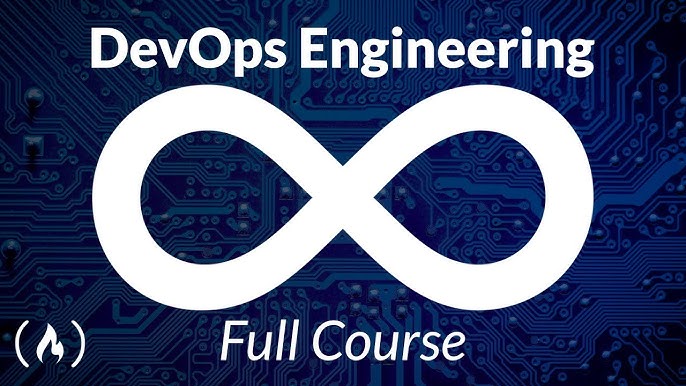DevOps Training Learn Skills for Success in Software Development Careers
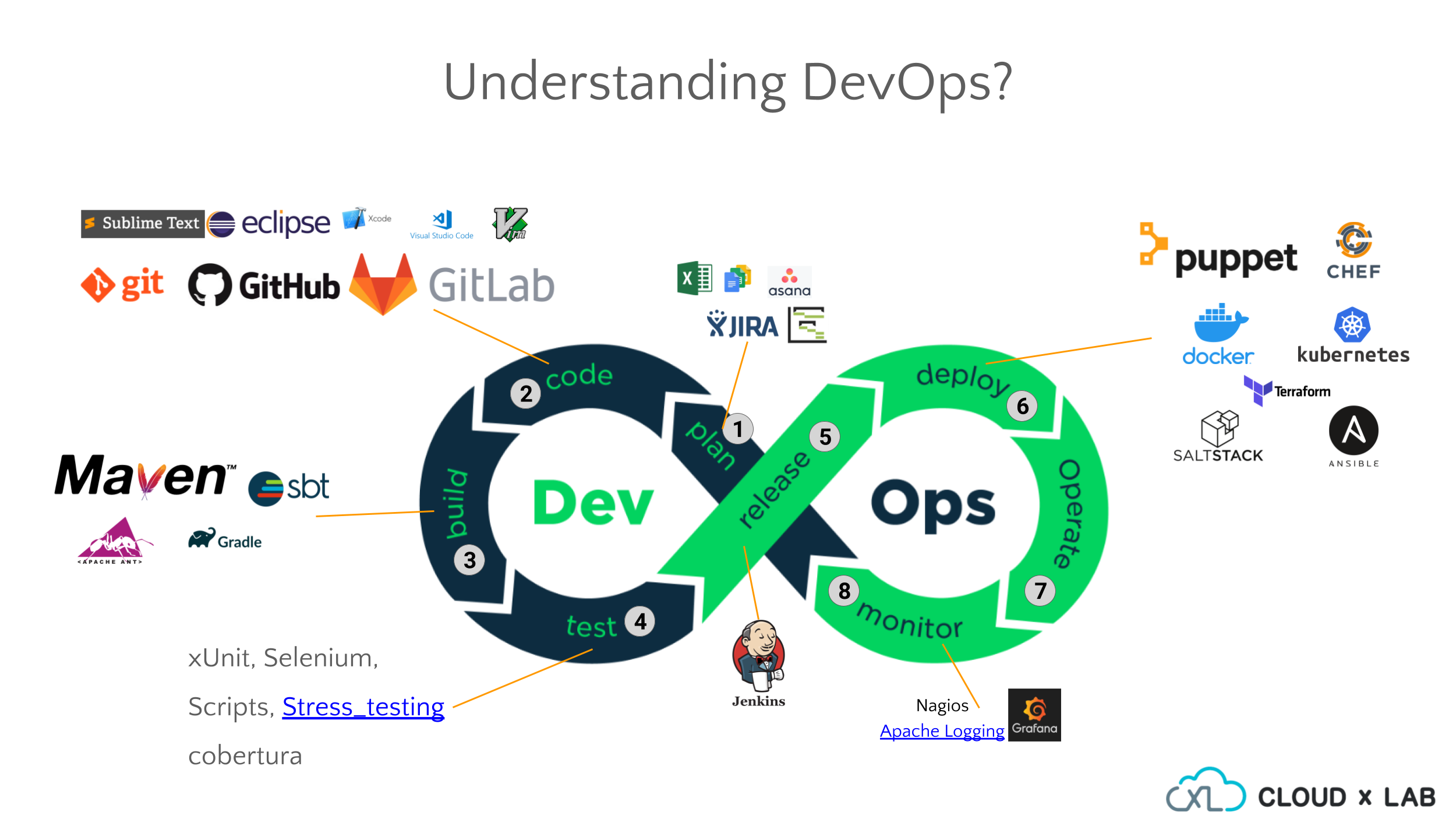
DevOps Training: Learn Skills for Success in Software Development Careers. Unlock your potential with DevOps Training. Gain essential skills for success in Software Development Careers & boost your career today!
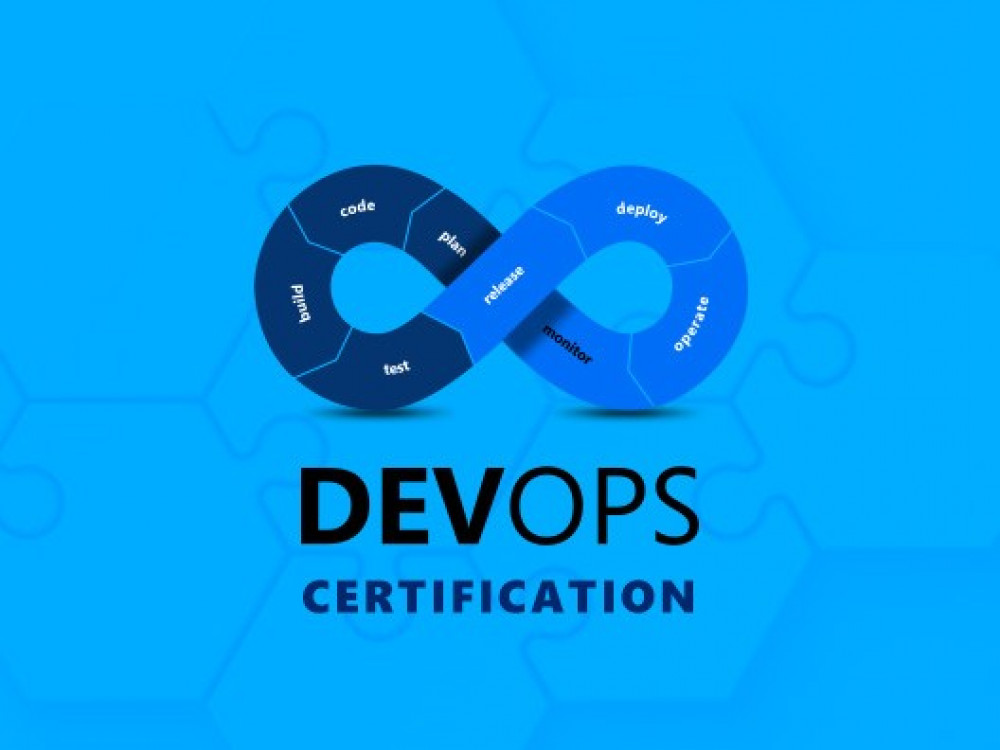
Introduction to DevOps Training
DevOps Training: Learn Skills for Success in Software Development Careers is becoming increasingly relevant as organizations emphasize collaboration in application development & IT operations. This training offers professionals valuable insights & skills that foster a seamless flow between software development & IT infrastructure. Gaining expertise in DevOps means acquiring critical competencies in automation, cloud computing, & continuous integration & deployment processes. These skills are essential for anyone looking to enhance their career prospects in the fast-paced tech industry.
Why DevOps Skills Are Essential
In the fast-evolving tech landscape, having a strong foundation in DevOps Training: Learn Skills for Success in Software Development Careers can be the differentiator that leads to lucrative career opportunities. DevOps focuses on improving collaboration between development & operations teams, ensuring that software releases are faster & more reliable. This role is pivotal in enhancing productivity & reducing the risk of errors during the development cycle, ultimately leading to improved customer satisfaction & business outcomes. Organizations today are on the lookout for professionals who can bridge the gap between coding & operational execution, necessitating a solid grasp of DevOps principles.
Benefits of DevOps Training
Improved Collaboration
Increased Efficiency
Faster Time to Market
Enhanced Quality & Security
Better Resource Management
With a solid foundation in DevOps, professionals are more likely to become indispensable assets in their teams. This training not only applies to software developers but also to system administrators, IT executives, & project managers.
Core Skills Covered in DevOps Training
Successful DevOps Training: Learn Skills for Success in Software Development Careers encompasses a variety of technical & interpersonal skills. Here are some vital skills you can expect to learn:
Skill Description
Automation Learning to automate repetitive tasks drives efficiency & reliability in development & deployment.
Version Control (Git) Proficiency in using version control systems helps teams track & manage code changes.
Continuous Integration/Continuous Deployment (CI/CD) Understanding CI/CD pipelines is essential for releasing code changes in a flexible & automated manner.
Containerization (Docker & Kubernetes) Knowledge of containers ensures scalability & easy collaboration across different environments.
Monitoring Strong skills in monitoring aid in identifying performance issues, ensuring optimal application functionality.
Tools & Technologies in DevOps
Mastering essential tools is a cornerstone of DevOps Training: Learn Skills for Success in Software Development Careers. Notable technologies used in DevOps include:
Jenkins for automation
Docker for containerization
Kubernetes for orchestration
Git for version control
AWS, Azure, or Google Cloud for cloud services
Having hands-on experience with these tools can significantly elevate your skill set & marketability. For instance, learning how to utilize AWS can provide you with the ability to deploy applications at scale, while mastering Git enables better collaboration within your team.
How to Get Started with DevOps Training
For those interested in embarking on a path toward DevOps Training: Learn Skills for Success in Software Development Careers, several resources are available. Online platforms such as Coursera, Udacity, & edX offer comprehensive courses tailored for various skill levels. Here’s a structured approach to kickstart your training:
Identify your starting point – Evaluate your current skill set.
Choose suitable online courses – Look for those that cover key concepts.
Engage in hands-on practice – Utilize platforms like GitHub for practical experience.
Join a DevOps community – Networking with professionals can provide mentorship opportunities.
Obtain certifications – Certifications from recognized organizations enhance credibility.
Important Certifications to Consider
While not mandatory, certifications can bolster your resume & demonstrate your knowledge & commitment to the field of DevOps. Some notable certifications include:
Certification Issuing Organization
AWS Certified DevOps Engineer Amazon Web Services
Docker Certified Associate Docker, Inc.
Certified Kubernetes Administrator CNCF
DevOps Institute Certifications DevOps Institute
By acquiring these certifications, you not only enhance your skills but also make yourself an attractive candidate for employers seeking knowledgeable DevOps professionals.
Real-Life Applications of DevOps Practices
Understanding the practical applications of DevOps helps underline its importance. For instance, major players like Netflix & Amazon use DevOps to ensure rapid & reliable software delivery. In my experience with DevOps Training: Learn Skills for Success in Software Development Careers, I saw firsthand how companies benefit from implementing DevOps methodologies, notably through improved deployment frequencies & reduced lead times for changes.
"Adopting DevOps is less about the tools & more about the cultural shift in the organization." - Romaine Marvin Sr.
Business processes become more agile, allowing teams to innovate quickly. Effective practices include frequent updates, quick feedback loops, & proactive issue resolution, all of which contribute to a more dynamic development lifecycle.
Challenges in Adopting DevOps
While the benefits of DevOps are evident, challenges also accompany its adoption. Transitioning to a DevOps-oriented culture requires time & commitment. Typical hurdles include:
Resistance to Change – Teams accustomed to traditional methods may resist the shift.
Lack of Knowledge – Insufficient understanding of DevOps can hinder its implementation.
Inadequate Tools – Not having the right tools in place can limit efficiency.
Communication Barriers – Disparate teams must collaborate effectively for DevOps to succeed.
Frequently Asked Questions about DevOps Training
What is the primary goal of DevOps training?
The primary goal of DevOps Training: Learn Skills for Success in Software Development Careers is to improve collaboration between software development & IT operations. This aims to deliver software more efficiently & with higher quality.
How long does it take to become proficient in DevOps?
Time to proficiency varies, but with dedicated study & practice, most individuals can achieve a foundational understanding of key concepts within a few months. Continuous learning & real-world application are crucial.
Can I learn DevOps without prior programming experience?
While prior programming knowledge helps, it's not strictly necessary. Beginners can still succeed in DevOps Training: Learn Skills for Success in Software Development Careers by focusing on understanding concepts, tools, & practices that don't heavily rely on coding.
Are there free resources available for learning DevOps?
Yes, numerous free resources exist online. Platforms like YouTube, GitHub, & community forums can provide valuable learning materials, including tutorials, documentation, & open-source projects.
DevOps Training
In summary, DevOps Training: Learn Skills for Success in Software Development Careers is an integral part of a modern software developer's pathway. By acquiring essential skills, understanding the tools, & engaging with real-world applications, you can unlock numerous career opportunities in the field. With the ongoing demand for DevOps professionals, investing time in this training will pay off in both personal & professional growth.


